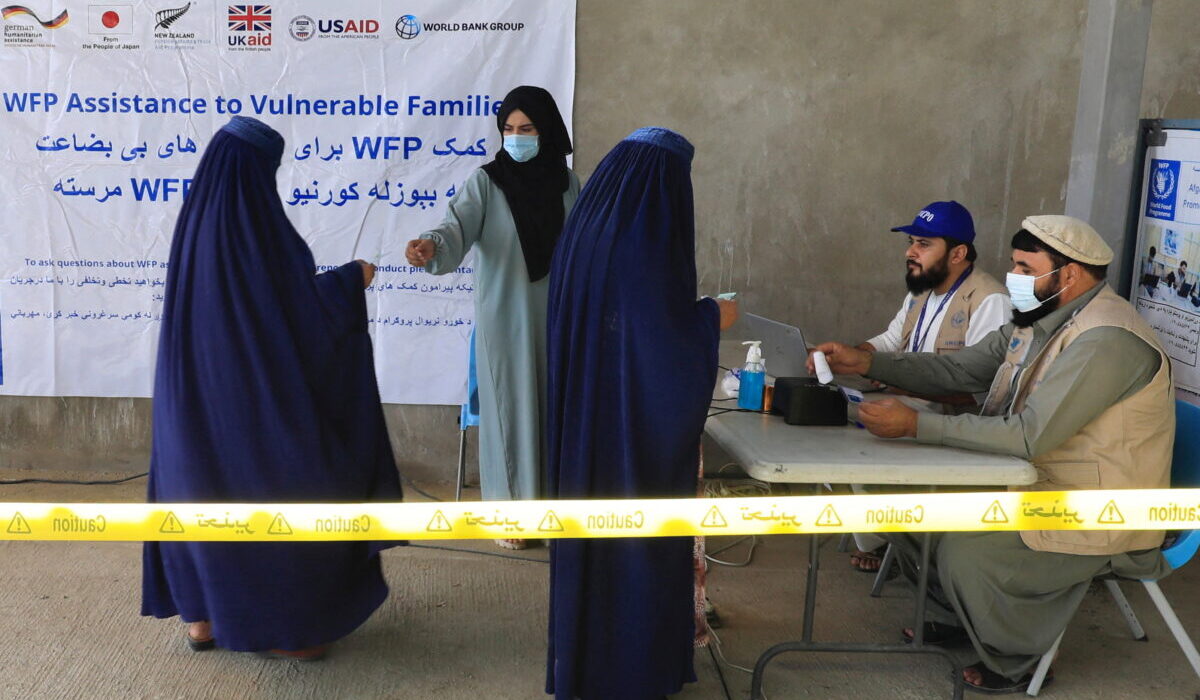KABUL, Afghanistan — Millions of Afghans are set to endure a harsh winter without food assistance due to severe funding shortages, the United Nations World Food Program said, underscoring the worsening humanitarian crisis in the country.
In a statement posted on X, the organization said it would only be able to assist six million people during the upcoming winter season, far fewer than the number in need.
This comes as the U.N. Office for the Coordination of Humanitarian Affairs, or OCHA, reported earlier this year that 23.7 million people in Afghanistan, including 9.2 million children, require humanitarian assistance in 2023.
The humanitarian crisis in Afghanistan has been exacerbated by a range of factors, including restrictions imposed by the Taliban on the rights and freedoms of women and girls. OCHA has described these measures as a significant barrier to improving the country’s dire conditions.
Other drivers of the crisis include persistent poverty, widespread food insecurity, malnutrition, internal displacement, landmine contamination, recurring natural disasters, and the impacts of climate change and political instability.
Afghanistan remains one of 22 countries globally facing acute hunger, with 12.4 million people experiencing what the World Food Program defines as “crisis-level” food insecurity, the agency said in its November reports. Many Afghan families are struggling to secure their next meal.
In a video shared on X on Nov. 8, the World Food Program highlighted the extreme measures some families have resorted to, including marrying off young daughters, as they grapple with severe poverty and hunger.
The U.N.’s warnings add to the growing urgency for international assistance, though funding shortfalls have significantly hampered aid efforts.





